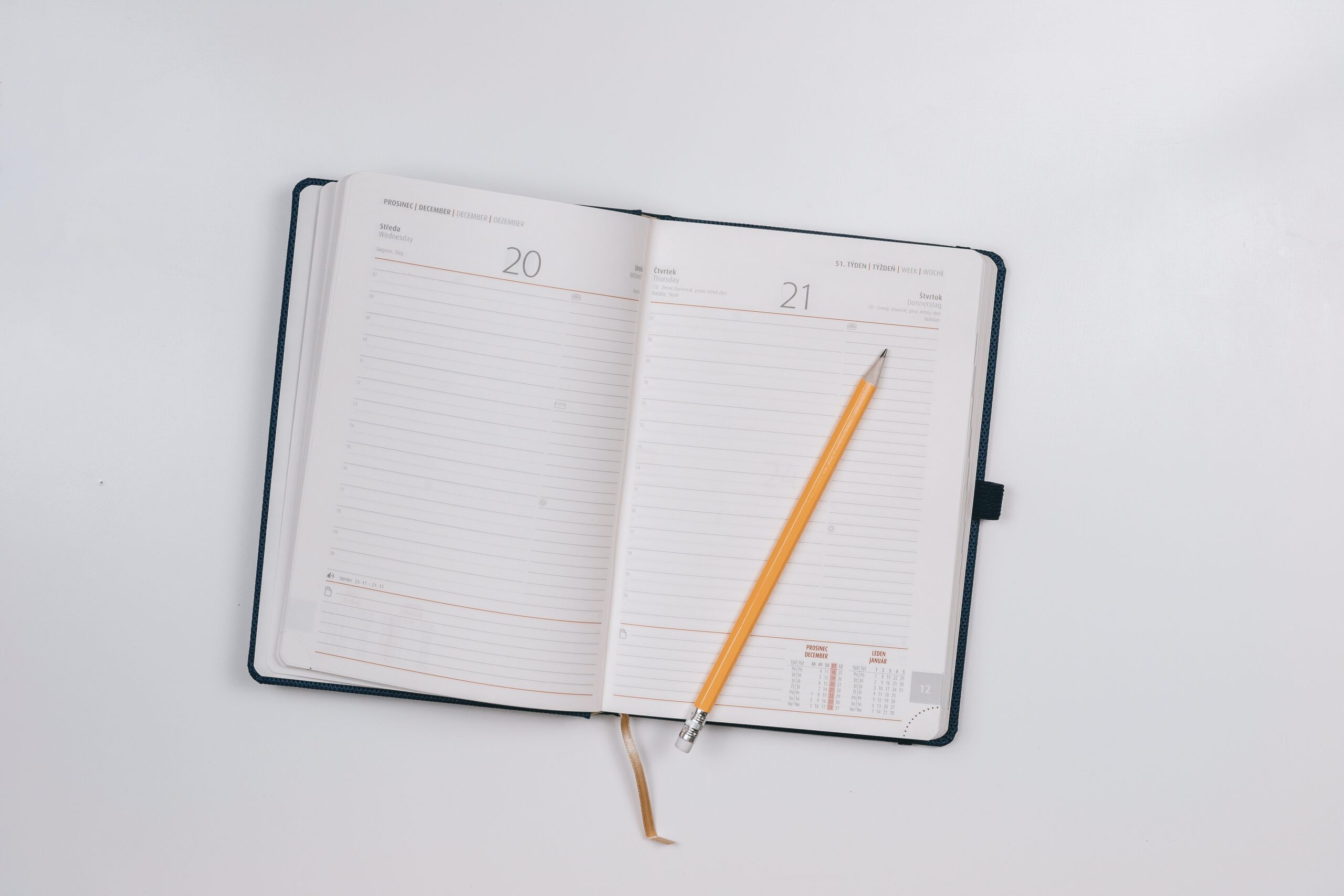Everyone strives for that perfect equilibrium — a balance between professional commitments and personal life, where neither aspect is compromised. But let’s be honest, in this fast-paced world, achieving a work and home life balance can feel like walking a tightrope. And while it may seem daunting, it’s far from impossible.
In this article, we’ll explore some practical strategies to help you navigate this tricky terrain.
Prioritize and Plan
Prioritizing is all about recognizing what’s most important to you, while planning involves creating strategies to accomplish those important tasks efficiently. A blend of these organizational skills can be the key to that proper work-life balance you seek.

To achieve this, start by making a list of all your professional and personal tasks. Once you have a list, identify the tasks that are urgent and important. These are your priorities. Next, create a timeline for these tasks and stick to it. This could mean using a digital calendar or a good old-fashioned planner; the tool doesn’t matter.
Learn to Say No
Saying “no” is one of the challenging parts of achieving work-life balance. However, it’s an essential skill that you must develop. Remember, every time you say “yes” to something, you’re potentially saying “no” to something else that might be more important or fulfilling.
Consider each request or new task that comes your way. Does it align with your priorities? Does it contribute to your goals? If not, it might be something you should decline.
It can feel uncomfortable to say no, especially if you’re used to pleasing others, but it’s necessary for your well-being. You need to understand that saying no isn’t selfish or rude – it’s about respecting your time and commitments. Over time, you’ll find that people respect your boundaries and your ability to prioritize effectively.
Set Boundaries
Work can sometimes intrude into your personal space, blurring the lines between work and personal time. Therefore, it’s important to establish clear-cut boundaries between your professional and personal life. When the workday is done, leave work at the office.
Avoid checking work emails or engaging in work-related tasks during your personal time. Instead, dedicate this time to activities you love. For instance, if you love gaming, you can unwind over your favorite video game or play strategy FanDuel Casino Games like blackjack or poker. You can also engage in leisure activities, connect with loved ones, or simply relax and recharge.
Whichever pastime you choose, remember your personal time is important, so guard it.
Make Time for Yourself
Making time for yourself in a busy schedule is not a luxury but a necessity. It’s about cultivating a healthy relationship with yourself by setting aside moments for self-care and personal hobbies. These quiet times, whether spent reading a book, doing yoga, or just sipping tea and watching the sunrise, may be a welcome respite from the demands of everyday life.

So, schedule regular ‘me time’ in your daily routine, ensuring you nurture your needs and interests. Treat this time as non-negotiable, just like any other important appointment or meeting. Taking care of yourself helps replenish your mental and emotional energy, ultimately making you more productive and satisfied in all areas of your life.
Communicate Effectively
You must inform your colleagues, superiors, and loved ones of your schedule and limitations. This might mean setting clear expectations about your availability and deadlines in the workplace or requesting flexibility when needed.
At home, it involves ensuring your loved ones understand your work commitments and balancing them with family time. Remember, communication is a two-way street, so it’s equally important to listen and understand the needs of others.
Flexibility
While planning and routine can provide structure and focus, life doesn’t always go according to plan. This is where flexibility comes into play. Embrace the potential for change and be willing to adjust your schedule when necessary. If an unexpected work crisis arises, it might mean reallocating some personal time to address it.
Conversely, if a personal matter requires your attention during work hours, stepping back from work commitments without guilt is important. Remember, rigidity can lead to stress and burnout, while flexibility can foster resilience and a more sustainable work-life balance. Flexibility is not about being aimless or unstructured; it’s about understanding that life is unpredictable and being willing to adapt.
Unplug and Disconnect
Taking deliberate breaks from electronic devices and social media provides a breather from day-to-day hustle. Consider creating an ‘unplugged’ routine each day, where you turn off your digital devices and engage in activities that help you to relax and recharge. It could be a walk in nature or simply enjoying quiet moments of reflection. It will also have huge benefits in your sleep cycle.
This digital detox can help you focus more on real-world interactions, reduce stress, and improve your overall well-being. Unplugging is no longer just a practice; it’s a lifestyle choice for balanced and mindful living.
Conclusion
Achieving work-life balance is not a one-time task but an ongoing process of mindful decision-making and adjustment. It’s about prioritizing your health and well-being, setting and maintaining boundaries, and allowing yourself to relax and rejuvenate. It involves saying “no” when needed, making time for self-care, effective communication, and cultivating flexibility. It also requires you to occasionally step back from the digital world to breathe, recharge, and keep in touch with the real world.
No matter your approach toward achieving a healthy work-life balance, one thing is certain – your productivity and satisfaction at work will be stellar!

